ai tools for phd students, In the ever-evolving landscape of education, harnessing the potential of Artificial Intelligence (AI) has become crucial for students at every academic level.
Whether you’re navigating undergraduate studies, pursuing a postgraduate degree, or delving into the depths of a Ph.D., the right AI tools can be transformative. This blog post explores the best AI tools for students, offering a comprehensive guide to enhance your educational journey.
Embark on a journey of knowledge with the 12 best AI tools for students, each meticulously compiled to cater to specific educational demands and improve learning environments, From free tools that democratize access to education to advanced solutions specifically designed for intricate subjects, this guide will reveal the indispensable 10 best AI education tools that can boost your academic journey. Stay tuned as we delve into the realm of AI, transforming the way students learn and excel in their respective fields.
Sure, let’s go through each tool for students in the list:
What are some of the best AI tools for students to enhance their learning experience?
There are several AI tools designed to assist students in their academic journey. One notable tool is Grammarly, which helps improve writing skills by providing real-time grammar and spelling suggestions, Another beneficial AI tool is Quizlet; a tool powered by the strength of AI that facilitates interactive learning through flashcards and quizzes, enhancing students’ learning process.
Moreover, Microsoft OneNote, an efficient generative AI tool, enhances note-taking and organization, making it a precious resource in contemporary learning environments for students.
How can AI tools benefit students in their studies?
AI tools offer numerous advantages to students by providing personalized learning experiences and support, For instance, adaptive learning platforms like Khan Academy use AI algorithms to tailor lessons to individual student needs, ensuring a more effective and customized learning path.
AI-powered language learning apps, such as Duolingo, offer personalized exercises and feedback to help students master new languages efficiently.
Overall, AI tools contribute to a more efficient and tailored educational experience, fostering improved understanding and retention of academic material.
12 best ai tools for education
Otter.ai
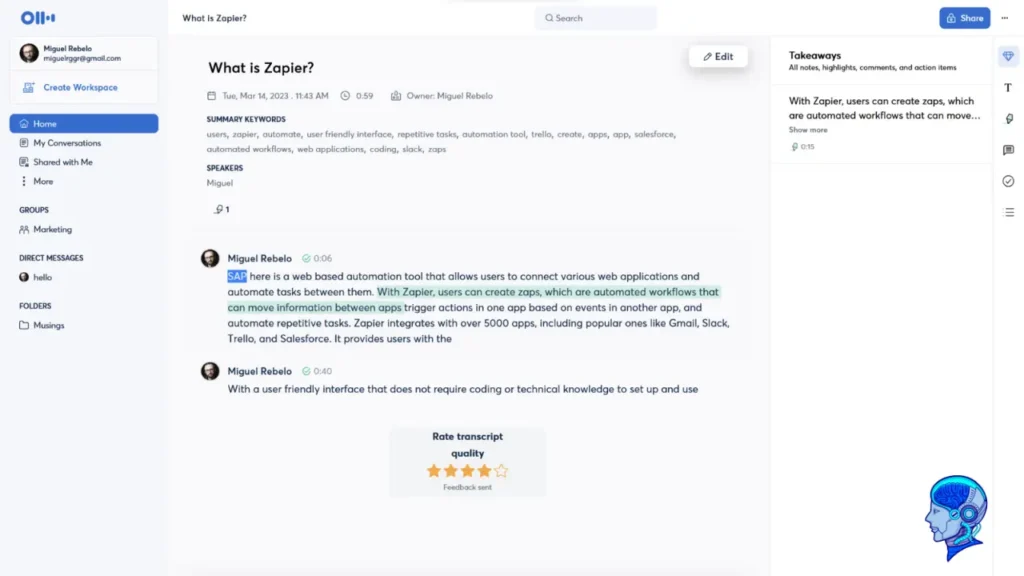
Otterai is an advanced transcription and note-taking tool that uses artificial intelligence to convert spoken words into written text, It is particularly useful for meetings, interviews, and lectures. Otter.ai’s AI algorithms have the power to identify speakers, summarize conversations, and create searchable transcripts, which simplify the learning process by making it easier for users to review and find specific information within recorded content.
otter.ai Pros:
- Accurate transcription with machine learning capabilities.
- Real-time collaboration and sharing of notes.
- Supports multiple languages.
- Offers a free plan with basic features.
otterai Cons:
- Advanced features may require a subscription.
- Some users report occasional inaccuracies in transcriptions.
otter-ai Pricing:
| Plan | Price | Features |
|---|---|---|
| Basic | Free | 300 monthly transcription minutes; 30 minutes per conversation |
| Pro | $16.99 USD per user/month | 1200 monthly transcription minutes; 90 minutes per conversation |
| Business | $40 USD per user/month | 6000 monthly transcription minutes; 4 hours per conversation |
| Enterprise | Schedule a Demo | Unlimited transcription; Unlimited conversations |
otter.ai Ratings:
- G2: 4.6/5
- Capterra: 4.7/5
Trinka.ai
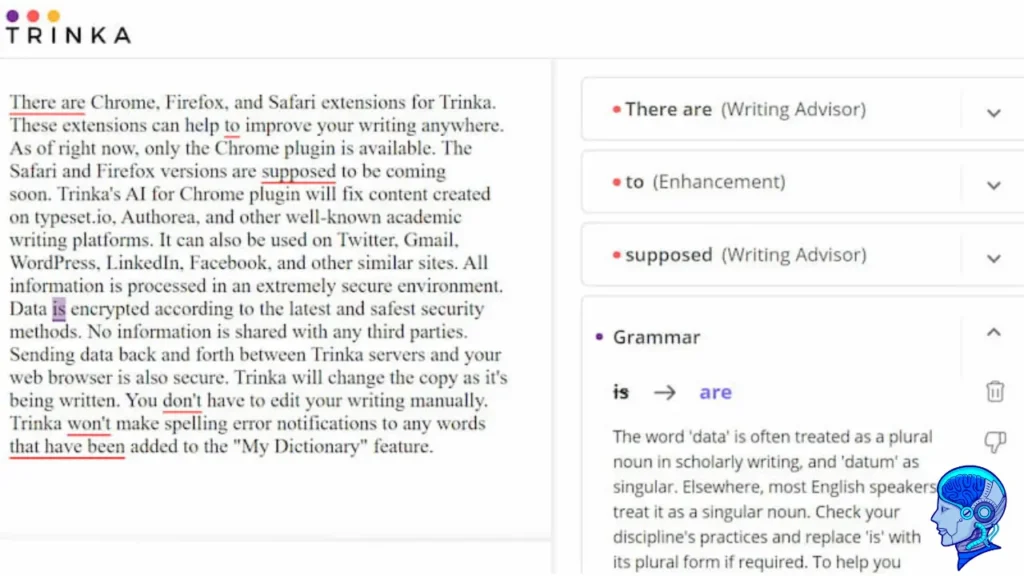
Trinka is an AI-powered writing assistant designed to improve the quality and clarity of written content. It offers grammar and style suggestions, helping users enhance their writing skills.
Trinka’s algorithms analyze the context of sentences to provide contextually relevant feedback, making it a valuable tool for students, writers, and professionals striving to enhance the overall quality of their written work.
trinka.ai Pros:
- Offers real-time writing suggestions.
- Provides feedback on grammar, tone, and style.
- Integrates with popular writing platforms.
trinka.ai Cons:
- May not be as comprehensive as human proofreading.
- Advanced features might require a subscription.
trinka.ai Pricing:
| Feature | Basic | Premium | Premium Plus |
|---|---|---|---|
| Access to all features | Yes | Yes | Yes |
| Up to 5000 words/month | Yes | Unlimited | Unlimited |
| 1 free Plagiarism Check score/per month | Yes | 2 free Plagiarism Check score/per month | Unlimited Standard Plagiarism Check |
| 4 free credits for Plagiarism Check, Proofread File and more | Yes | 10 free credits for Plagiarism Check, Proofread File and more | 10 free credits for Plagiarism Check, Proofread File and more |
| Early Access to new features | No | Yes | Yes |
| Unlimited monthly usage* | No | Yes | Yes |
| Sensitive Data Plan | No | No | Yes |
| Multiple Integration Options | No | No | Yes |
| Customized Pricing | No | No | Yes |
| Bulk Licenses | No | No | Yes |
| IP Whitelisting | No | No | Yes |
| White Label Solution | No | No | Yes |
| Comprehensive Analytics | No | No | Yes |
| Provision for Customization | No | No | Yes |
| Easy User Management | No | No | Yes |
| Dedicated Support | No | No | Yes |
Semanticscholar
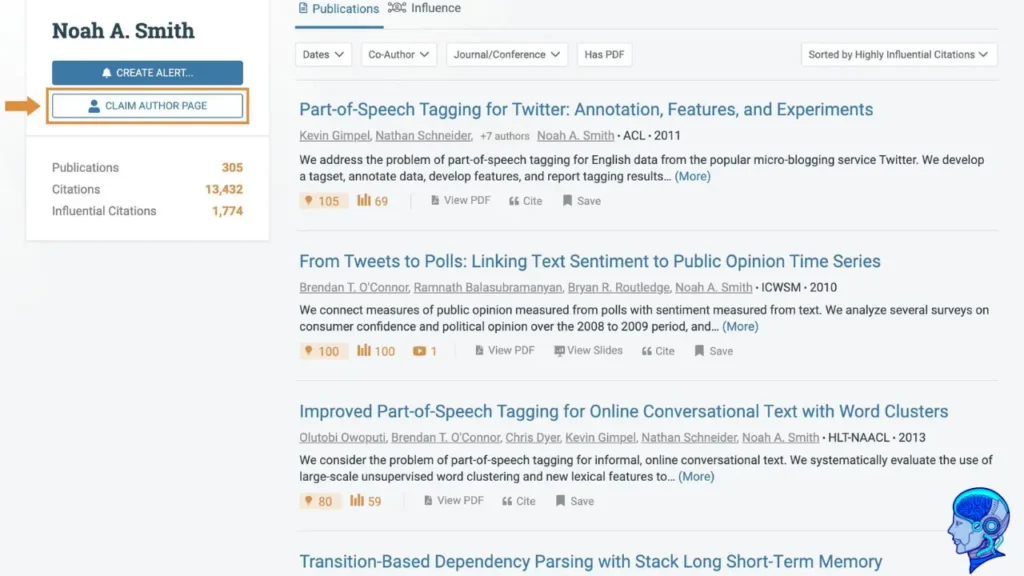
Semantic Scholar is a free, AI-driven academic search engine designed to help researchers discover relevant scholarly literature. It employs natural language processing and machine learning to analyze and organize research papers, enabling users to find authoritative and contextually relevant academic articles across various disciplines.
Semanticscholar Pros:
- Advanced search capabilities.
- Semantic analysis for better paper discovery.
- Provides citation information.
Semanticscholar Cons:
- Limited to academic and scholarly content.
- Some users might prefer more traditional databases.
Semanticscholar Pricing:
- Free to use.
Mendeley
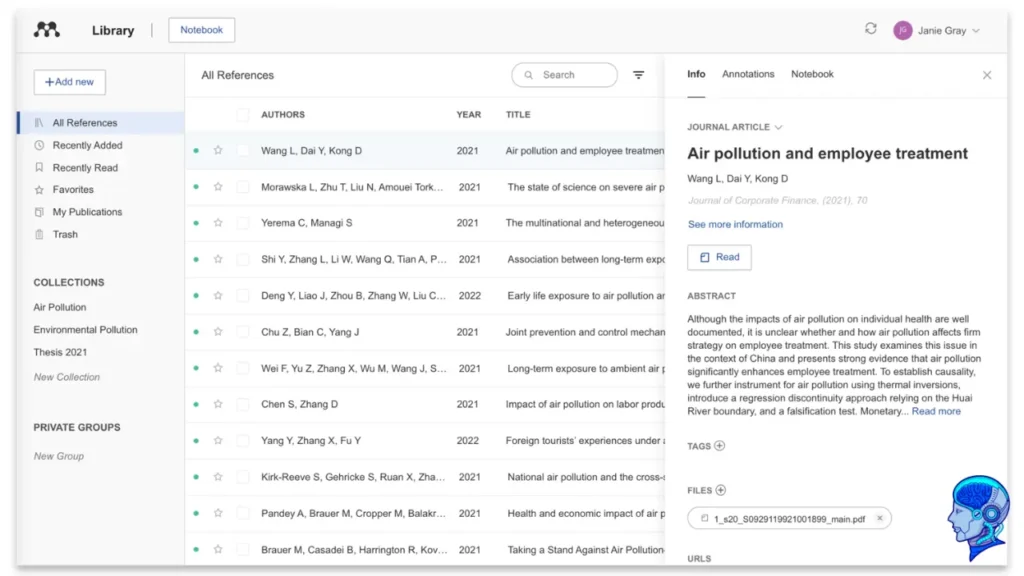
Mendeley is a reference management tool that assists researchers and academics in organizing and citing research papers. It allows users to create a personal library of academic papers, annotate documents, and generate citations, Mendeley also offers collaboration features, making it easier for teams to work together on research projects.
Mendeley Pros:
- Reference management and citation tools.
- Collaboration features for research groups.
- Integration with Microsoft Word.
Mendeley Cons:
- Advanced features may require a subscription.
- Learning curve for new users.
Mendeley Pricing:
- Free plan available.
- Paid plans start at $9.99 per month.
Mendeley Ratings:
- G2: 4.4/5
- Capterra: 4.5/5
Gradescope
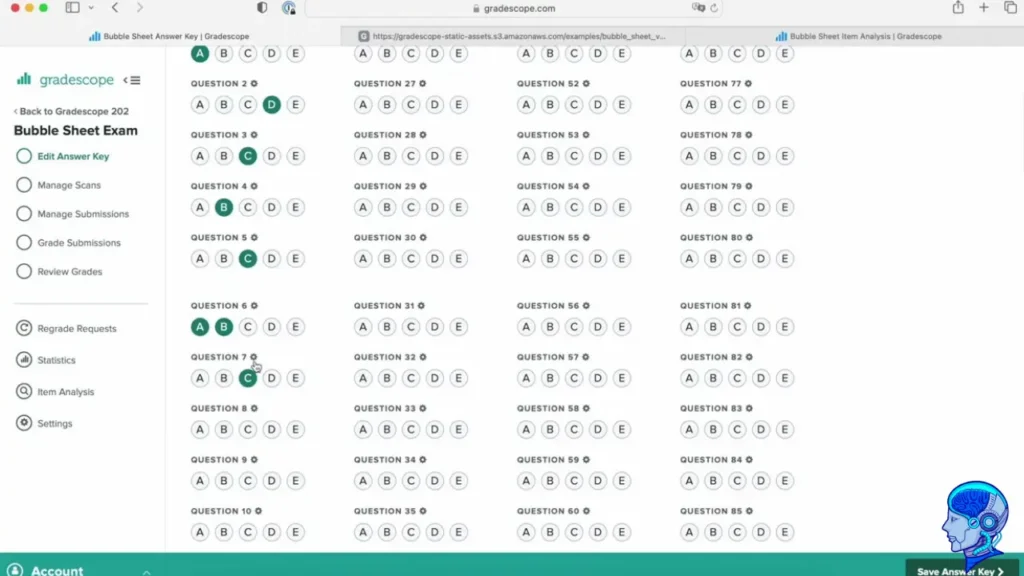
Gradescope is an online platform designed to streamline the grading process for educators. It enables efficient grading of paper-based and digital assignments, supports collaborative grading, and provides analytics to help instructors gain insights into student performance. Gradescope’s AI capabilities assist in automating parts of the grading process, saving time for educators.
Gradescope Pros:
- Efficient grading workflow.
- Supports various question types.
- Provides analytics for assessment data.
Gradescope Cons:
- May require some time for instructors to adapt.
- Learning curve for new users.
Gradescope Pricing:
- Free to use.
Gradescope Ratings:
- G2: 4.4/5
- Capterra: 4.6/5
Copyscape
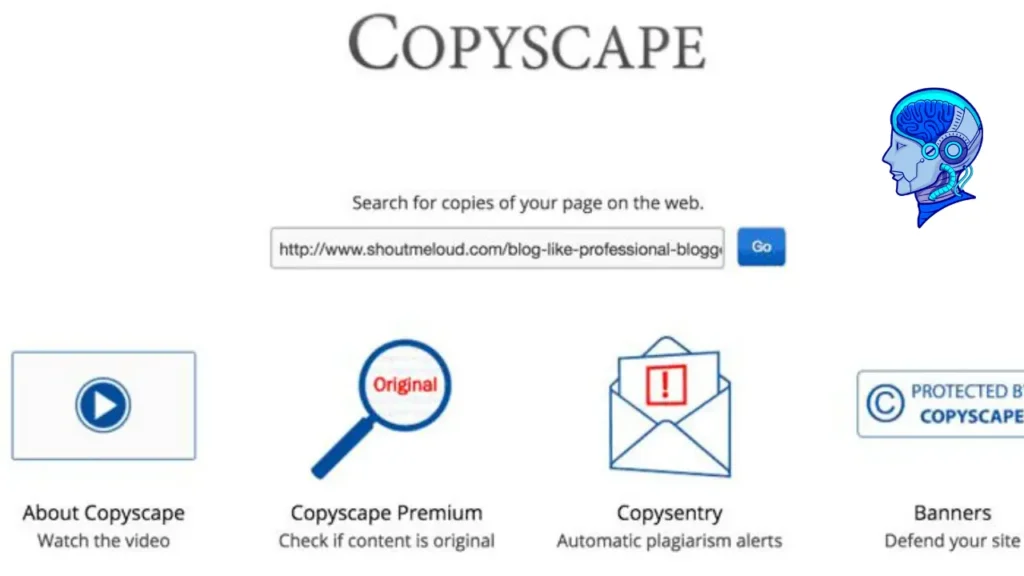
Copyscape is a plagiarism detection tool that helps users identify instances of content duplication across the web. It is widely used by writers, educators, and website owners to ensure the originality of written content. Copyscape scans the internet for content matches and provides detailed reports, allowing users to take necessary actions to address any potential plagiarism issues.
Copyscape Pros:
- Scans content for plagiarism.
- Provides detailed plagiarism reports.
- Suitable for website content and academic work.
Copyscape Cons:
- Free version has limitations.
- Some false positives reported.
Copyscape Pricing:
- Free plan available.
- Paid plans start at 3 cents per search.
Copyscape Ratings:
- G2: 4.2/5
- Capterra: 4.3/5
Tutorai
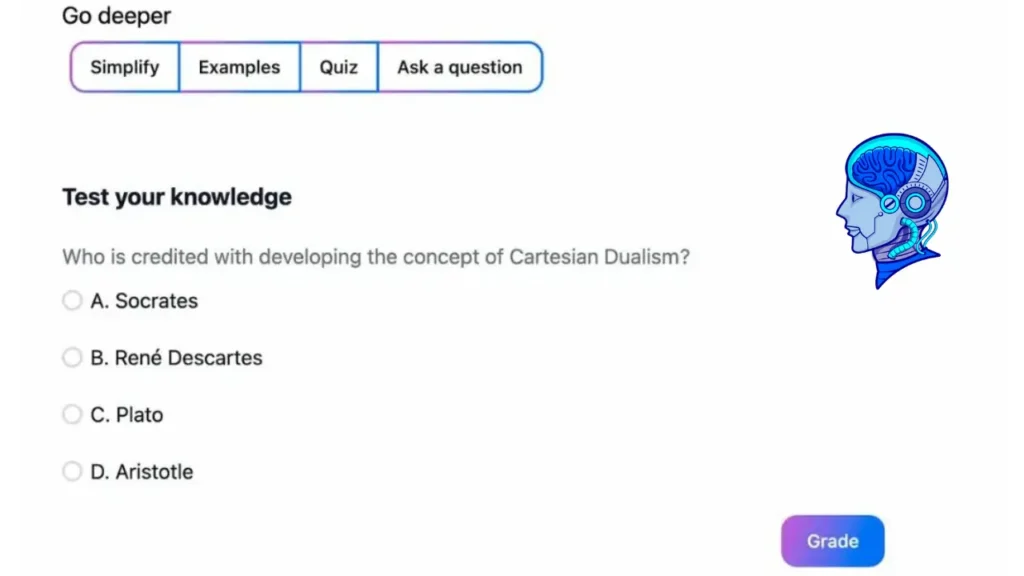
Tutor.ai is an AI-driven tutoring platform designed to provide personalized learning experiences for students. It uses adaptive learning algorithms to tailor educational content to individual student needs, offering targeted assistance in various subjects. Tutor.ai aims to enhance student understanding and performance by providing interactive and customized learning paths.
Tutorai Pros:
- Wide range of subjects and topics.
- Flexible scheduling for tutoring sessions.
- Interactive learning tools.
Tutorai Cons:
- Availability of tutors may vary.
- Some students might prefer in-person tutoring.
Tutorai Pricing:
- Free to use.
Hellothinkster
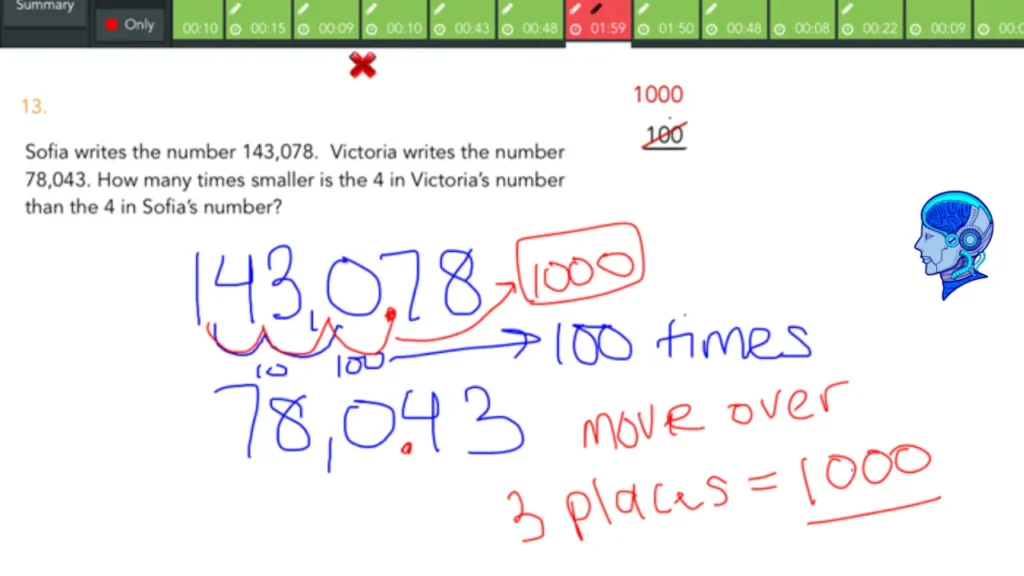
Thinkster is an AI-powered tutoring platform focused on mathematics. It combines human tutors with AI algorithms to provide personalized math tutoring for students. The platform adapts to each student’s learning style, offering targeted exercises and feedback to help strengthen mathematical concepts.
Hellothinkster Pros:
- Personalized learning plans.
- Real-time feedback from tutors.
- Interactive math practice.
Hellothinkster Cons:
- Focuses primarily on math subjects.
- Subscription-based model.
Hellothinkster Pricing:
- Free to use.
Cognii
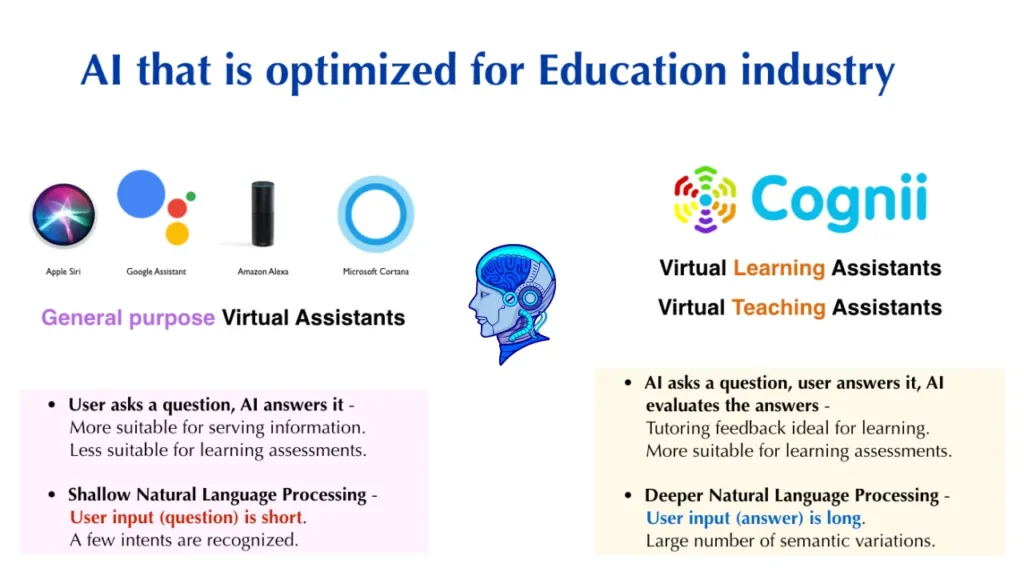
Cognii is an AI-driven educational technology company that specializes in providing virtual tutoring and assessment solutions. It uses natural language processing to engage students in interactive conversations, offering real-time feedback on written assignments. Cognii’s AI aims to enhance the learning experience by providing personalized guidance and assessment.
Cognii Pros:
- Automated assessment of writing skills.
- Personalized feedback for improvement.
- Integration with learning management systems.
Cognii Cons:
- Limited to specific applications in writing assessment.
- Some users may prefer human feedback.
Cognii Pricing:
- Free to use.
ChatGPT
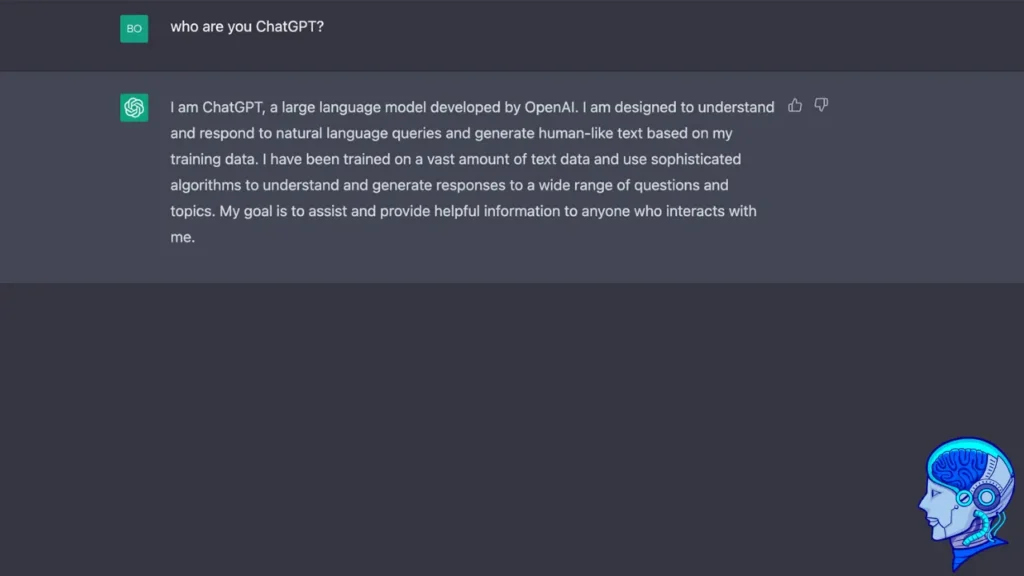
ChatGPT is a language model developed by OpenAI, based on the GPT-3.5 architecture. It is a powerful and versatile natural language processing model capable of generating human-like text based on the input it receives. ChatGPT can be used for a wide range of applications, including generating creative writing, answering questions, assisting with language translation, and more. It has been trained on diverse datasets to understand and generate coherent and contextually relevant text across various topics.
ChatGPT Pros:
- Versatile applications in natural language processing.
- Continuously evolving through updates.
- Integration capabilities for developers.
ChatGPT Cons:
- Not a standalone tool; requires integration into applications.
- Limited to text-based interactions.
ChatGPT Pricing:
- Free plan GPT-3.5.
- Plus plan GPT-4 $20/month
Wolfram Alpha
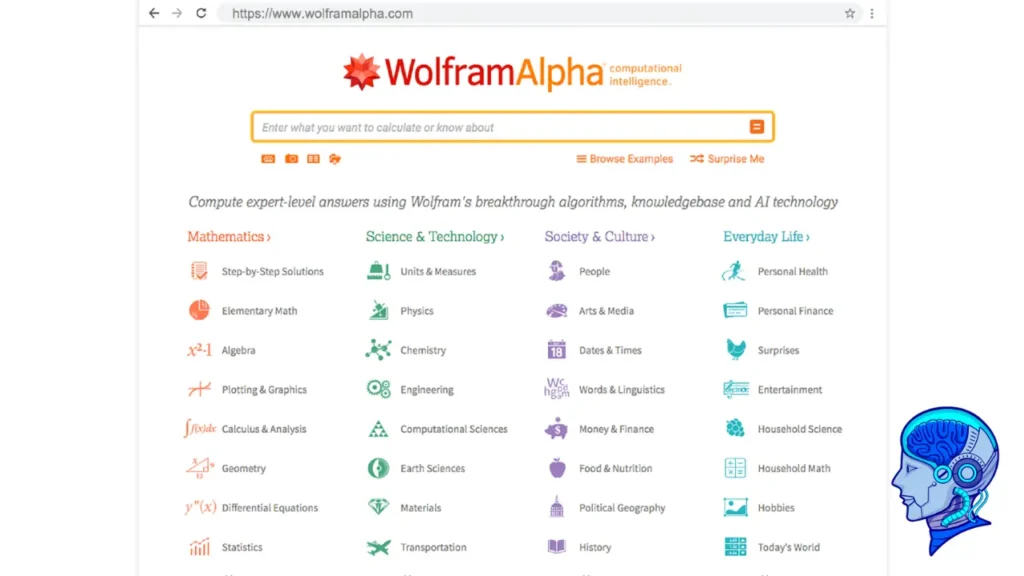
Wolfram Alpha is a powerful computational search engine developed by Wolfram Research.
Unlike traditional search engines that index and retrieve information from the web, Wolfram Alpha focuses on computing answers and generating results to specific queries by utilizing a vast amount of curated and computable data.
- Computational Knowledge Engine: Wolfram Alpha is known as a computational knowledge engine, capable of solving mathematical problems, providing scientific and statistical information, and offering insights across various domains. It goes beyond keyword-based searches and understands natural language queries, allowing users to input questions in a way that mirrors human conversation.
- Wide Range of Topics: The tool covers an extensive array of topics, including mathematics, physics, chemistry, engineering, astronomy, finance, nutrition, linguistics, and many more. Users can input queries related to mathematical calculations, scientific concepts, historical events, or even general knowledge questions, and Wolfram Alpha generates computationally derived responses.
- Mathematics and Computation: Wolfram Alpha excels in solving mathematical problems. It can compute algebraic expressions, perform calculus, generate graphs, solve equations, and even show step-by-step solutions. This makes it a valuable resource for students, researchers, and professionals in fields requiring complex mathematical computations.
- Data Visualization: The tool incorporates dynamic visualizations to help users better understand data and concepts, Whether it’s plotting mathematical functions, displaying statistical distributions, or illustrating scientific phenomena, Wolfram Alpha provides interactive and visually informative results.
- Educational Tool: Wolfram Alpha serves as an educational aid, helping students learn and explore various subjects, It provides not only answers but also context, explanations, and related concepts. This makes it a valuable resource for self-learning and academic research.
- Expert-Level Queries: The engine is designed to handle expert-level queries, catering to professionals in fields like science, engineering, and finance. Users can receive detailed information, perform complex analyses, and gain insights that go beyond basic searches.
- Pro Features: Wolfram Alpha offers a Pro version with additional features, including the ability to download results, access data visualizations, and perform extended computation, This version is particularly useful for professionals who require advanced functionality for their work.
- Integration with Wolfram Technologies: Wolfram Alpha is part of the larger Wolfram ecosystem, which includes Mathematica and the Wolfram Language. This integration allows users to seamlessly transition from dynamic computations in Wolfram Alpha to more extensive analyses in Mathematica.
Wolfram Alpha pricing
| Plan | Price | Features |
|---|---|---|
| Pro | $7.25/month | Enhanced features with step-by-step solutions, increased computation time and calculator Web Apps |
| Pro Premium | $8.25/month | Complete access to all features and priority customer support |
| Basic | Free | Personalized experience with customizable settings. (Does not include step-by-step solutions) |
Wolfram Alpha ratings
- G2: 4.7/5
- Capterra: 4.6/5
Ivy.ai
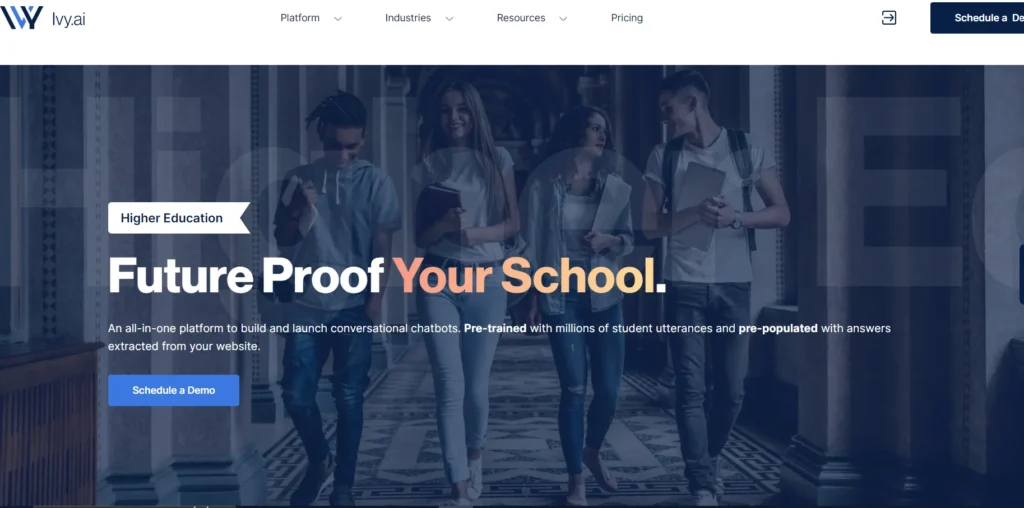
Ivy.ai is an advanced artificial intelligence platform designed to enhance communication and engagement within educational institutions. Leveraging natural language processing and machine learning, Ivy.ai provides a suite of tools and solutions tailored to meet the unique needs of schools, colleges, and universities. Its applications range from virtual assistants and chatbots to analytics and automation, fostering a more efficient and interactive educational environment.
Ivy.ai Pros:
- Virtual Assistance: Ivy.ai offers robust virtual assistant capabilities, providing students, faculty, and staff with instant access to information and support.
- Enhanced Engagement: The platform facilitates improved engagement through interactive chatbots, creating a dynamic and responsive communication channel.
- Customization: Institutions can customize Ivy.ai to align with their specific requirements, ensuring seamless integration into existing systems and workflows.
- Data Analytics: Ivy.ai provides valuable insights through data analytics, helping educational institutions make informed decisions based on user interactions and trends.
- Scalability: Whether for a small college or a large university, Ivy.ai is scalable and can adapt to the varying needs of educational institutions of different sizes.
Ivy.ai Cons:
- Learning Curve: Implementing and fully maximizing the potential of Ivy.ai may require a learning curve for administrators and users unfamiliar with AI-driven systems.
- Cost: While the platform offers customization, some institutions might find the pricing structure to be on the higher end, especially for comprehensive deployments.
- Dependency on Connectivity: The effectiveness of Ivy.ai is dependent on a stable internet connection, which might pose challenges in areas with limited connectivity.
Pricing: Ivy.ai’s pricing is typically customized based on the specific needs and scale of the educational institution.
Pricing considerations may include factors such as the number of users, features required, and the level of customization desired. Institutions interested in adopting Ivy.ai are encouraged to contact the sales team for a personalized quote.
In conclusion, integrating AI tools into your academic journey can be a game-changer, providing you with the resources to enhance your learning experience, productivity, and overall academic performance. From grammar correction with Grammarly to personalized learning with adaptive platforms like Tutor.ai, the AI landscape is vast and continually evolving to meet the diverse needs of students.
As you embark on your educational endeavors, consider experimenting with these AI tools to discover which ones align best with your learning style and objectives.
Stay curious, stay proactive, and let the synergy between your efforts and AI-powered tools propel you toward success in your educational journey. If you found this guide helpful, feel free to share it with your peers, and don’t hesitate to explore the ever-expanding world of AI tools for students. Your path to academic excellence just got a technologically advanced boost!
Comments